I think that what I want to say is that the polemics around the discourse of the Web are too binary. I think that one of the problems that we have in theorizing the Web is that we tend to moralize it in binaries. I get it. It’s bad. The Web is bad for you. Or the sort of free culture is always like, “It’s really good. It’s great. Free culture is great.” It’s neither.
Archive
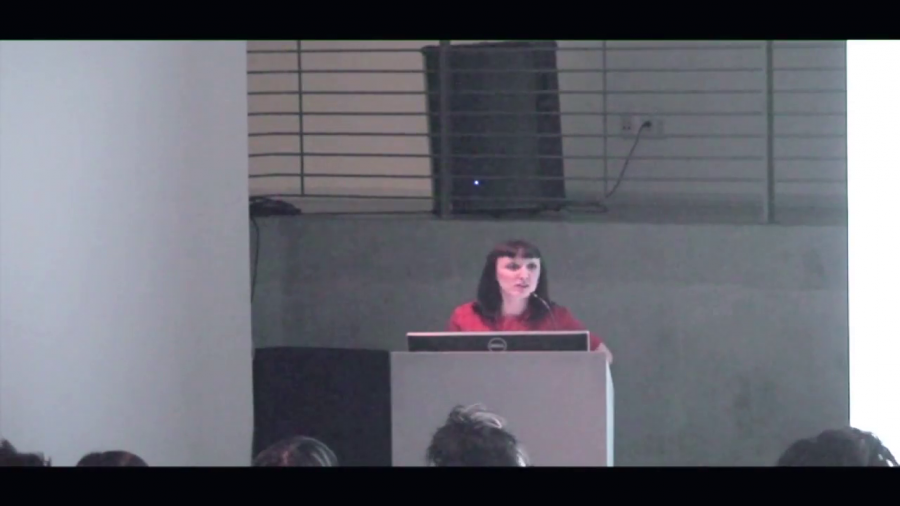
What I’m arguing primarily today is that focusing on pedagogy is a key aspect of social justice work, and that teaching critical data literacy along with other digital literacy skills is a key part of what we need to do.
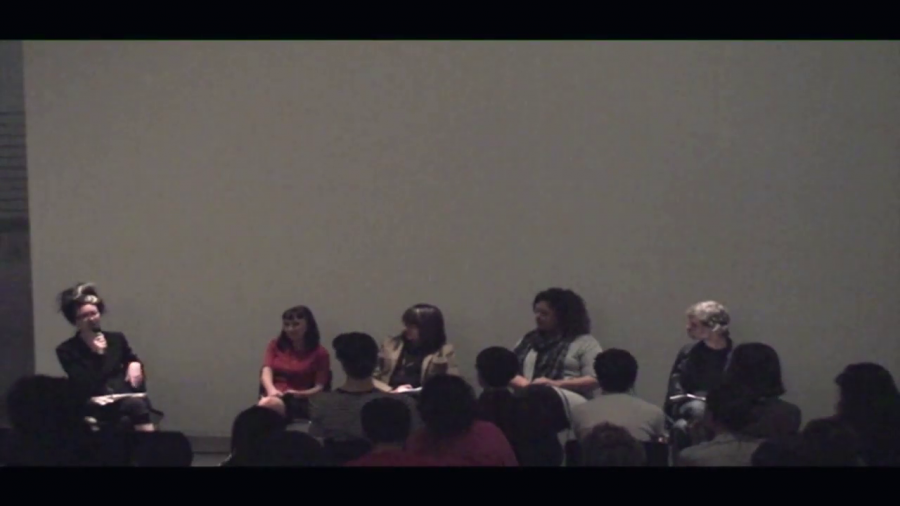
We’re losing our ability to forget the things that should be forgotten. Wait until you try to run for Senate or Congress, some of you in this room, and some pictures or text roll up.
We want to contextualize the bots for the audience of the ELC3, people who study and are interested in electronic literature. To frame bots as a kind of electronic literature. To link to the live bot on Twitter. But we also want to offer materials so those bots can be studied. We want to preserve it for future generations. So what does this mean, exactly?

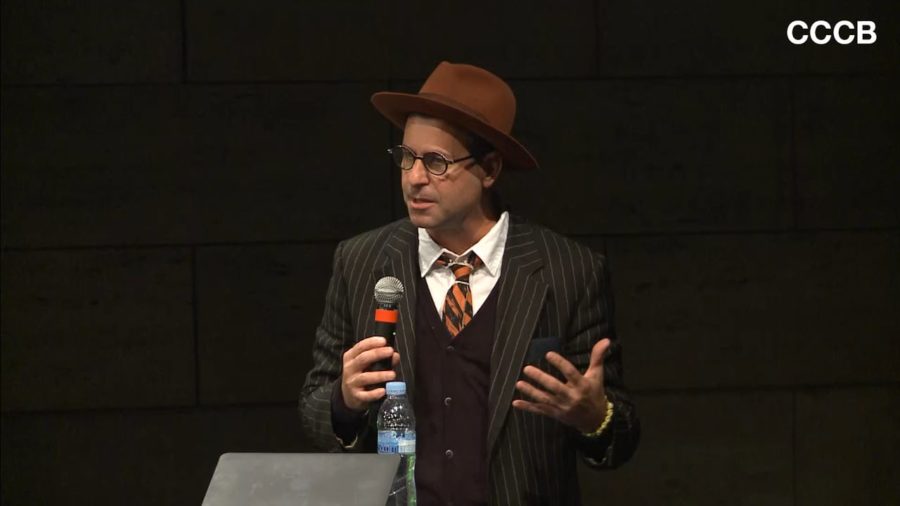
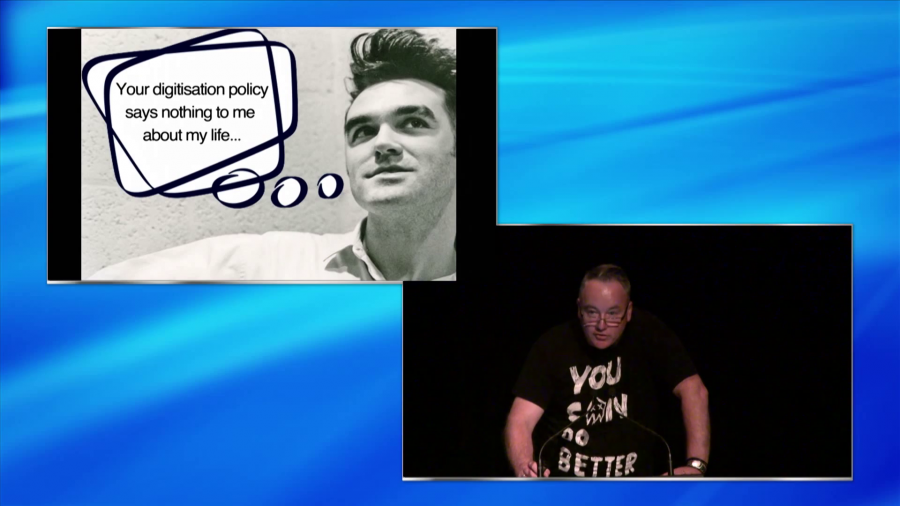
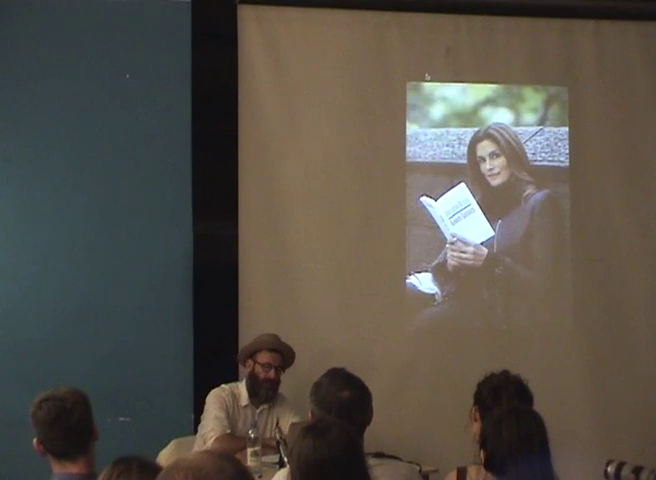
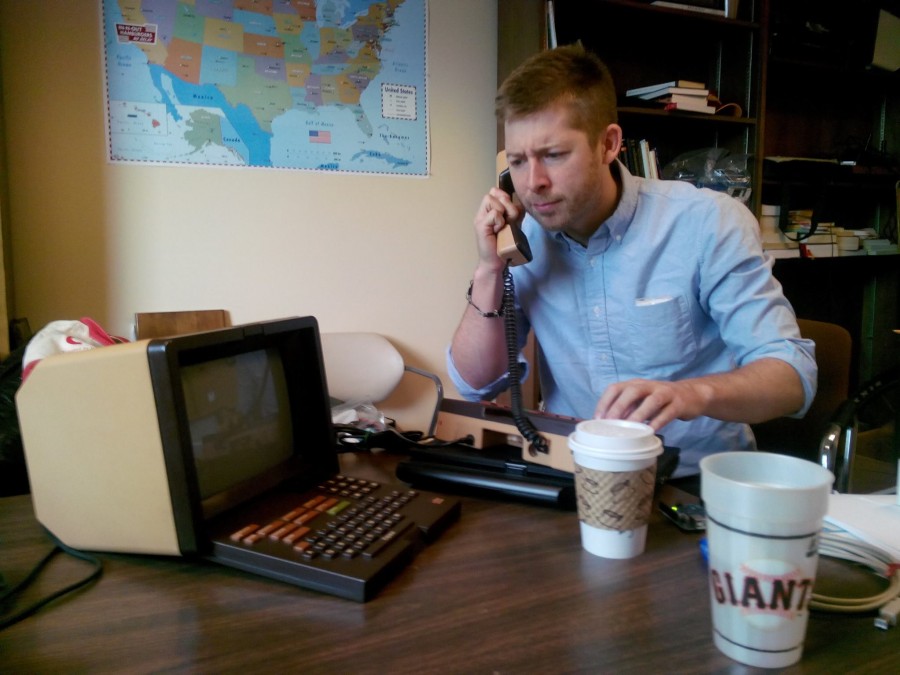
The Web We Lost
I can have my independent blog, but if it’s not being promoted through one of these networks, nobody sees it. If it’s not being injected in one of these streams in a format that’s consumable in one of these streams, that’s compatible with what they call native advertising, which is stream items that are ads, then it doesn’t get seen.